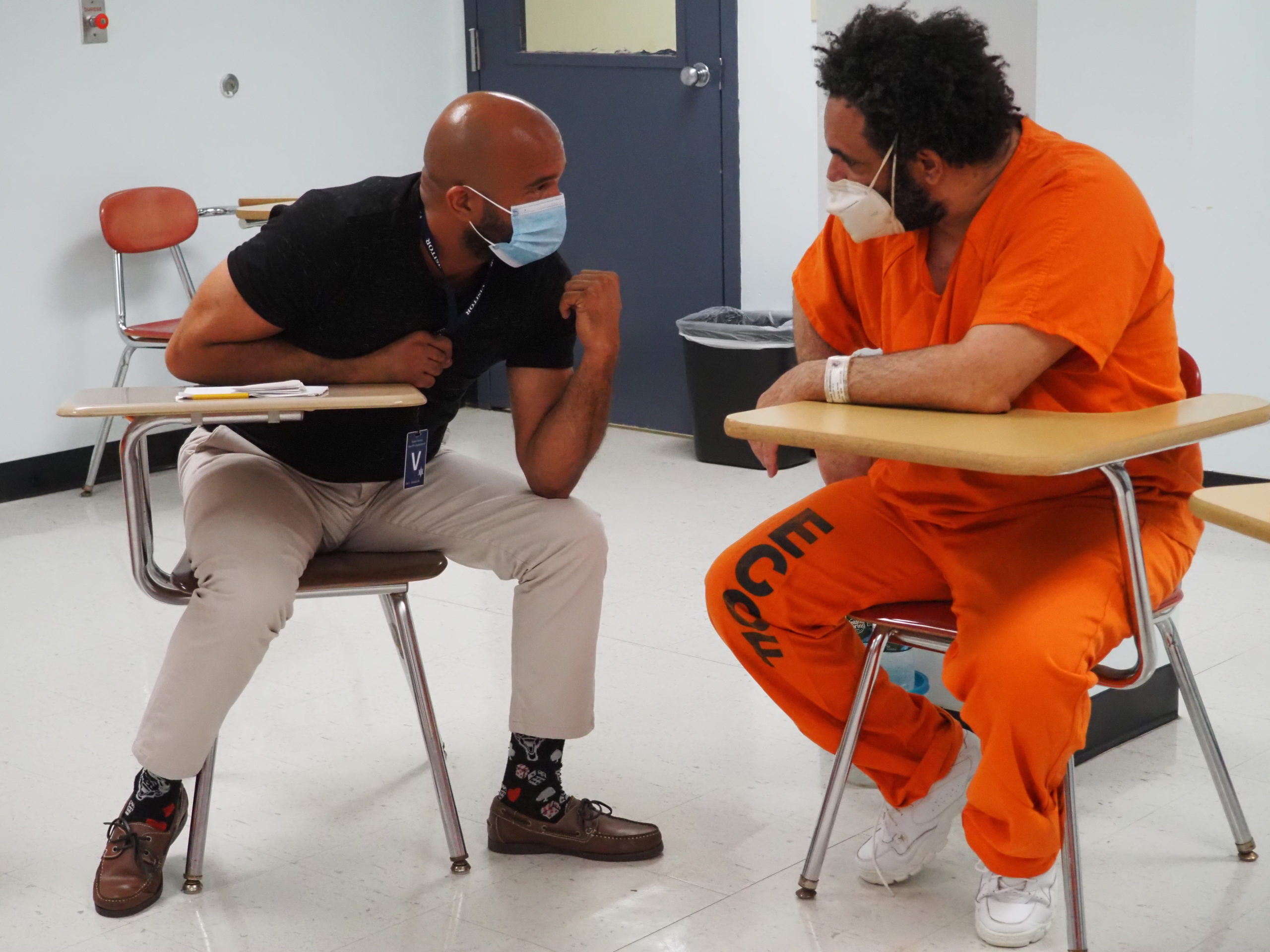Emerging Adult Reentry
The Emerging Adult Reentry Project is focused on furthering policy initiatives for emerging adult justice best practices while providing support to develop and sustain specified emerging adult units within the correctional system, focusing on successful re-entry. The project aims to develop a continuum of services for emerging adults (18-25) returning from incarceration through re-entry.
The project is funded by the Executive Office of Public Safety and Security and in partnership with Health Resources in Action (HRIA) and the Columbia Justice Lab.

Why Emerging Adult Justice?
Emerging adulthood is defined as the phase of life between adolescence and young adulthood, ages 18-25. Although the legal marker of adulthood is 18, research indicates the brain is still developing into the mid-twenties. With these considerations in mind, emerging adults have unique needs and challenges within the justice system and necessitate a different approach to accountability.
Specialized Programming
The focus of the Emerging Adult Reentry Project is the integration of community-based programs (such as UTEC) with prison-based best practices to best serve the young people in our collective care.
Emerging Adult Units
Reentry Programs
It is essential that correctional facilities create specific units for emerging adults, modeled after juvenile facilities, that emphasize a therapeutic approach and an orientation toward reentry. Within the units, comprehensive programming to support positive development includes education and vocational training and enhanced counseling.
A critical component of the units is the staffing in the units to be focused on taking a youth-development approach to providing guidance and assistance rather than solely controlling behavior.
All reentry programs should take individualized, social work approaches, leading with supportive care and addressing trauma and potential substance use issues before introducing high-pressure educational or career pursuits.
Workforce readiness programs and job coaches should integrate a youth development approach. At every chance possible, it’s essential that emerging adults are exposed to people who look like them and have similar life experiences to spark hope for their futures.
Training Youth Workers & Corrections Officers
With the funding from Executive Office of Public Safety and Security and partnership of HRIA, we will lead trainings for youthworkers and corrections officers to facilitate a shift in culture from solely safety and security measures towards being more supportive to the needs of this specialized population. The trainings will promote opportunities for skill building and network building with a focus on:
- Emerging Adult Brain Science
- Trauma & Trauma-informed practices
- Positive Youth Development
- Race, Racism, & Community Context
Emerging Adult Justice Learning Lab
Part of this project includes a convening of leaders throughout the Commonwealth to help further advance the work of emerging adult justice issues and a key component of our work moving forward. The primary goals of the group would be to network build with the project’s institutional partners (UTEC and Roca), identify and deliver a common set of trainings that specialize in serving emerging adults for all partners to help strengthen the continuum of pre-release to post-release service, and have the opportunity to learn more from leaders across the country to bring new innovations to Massachusetts.